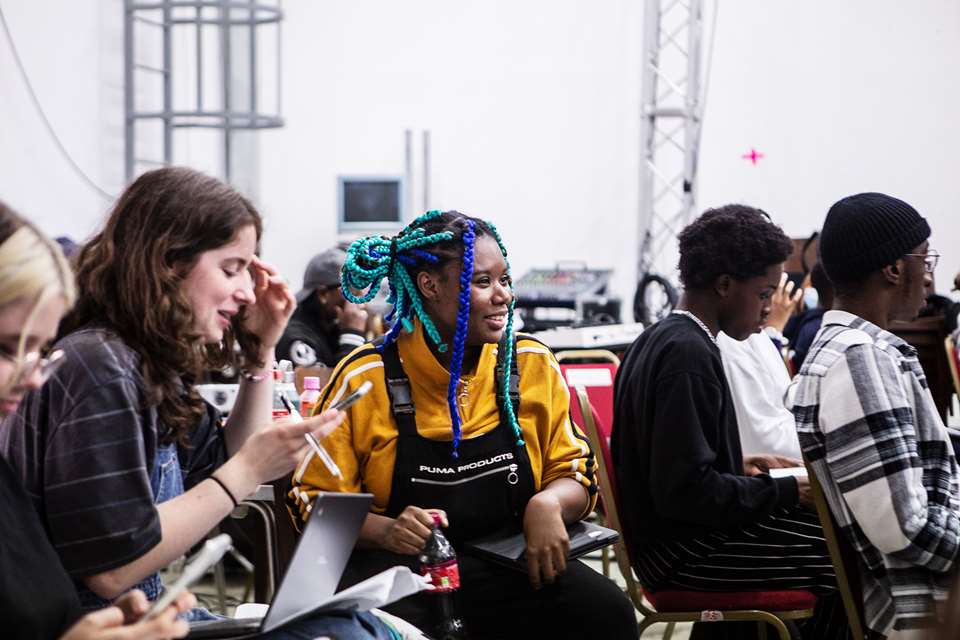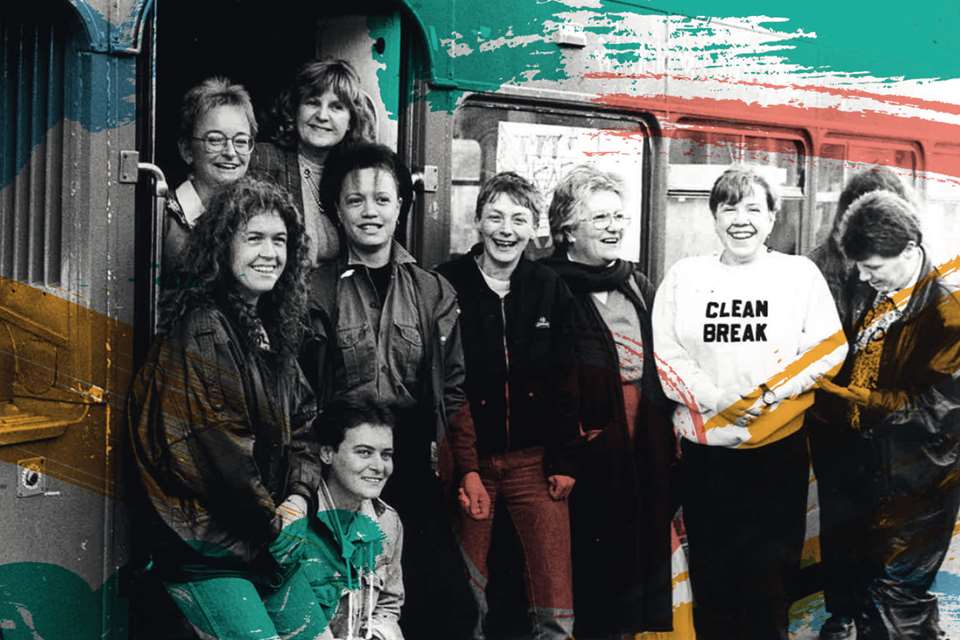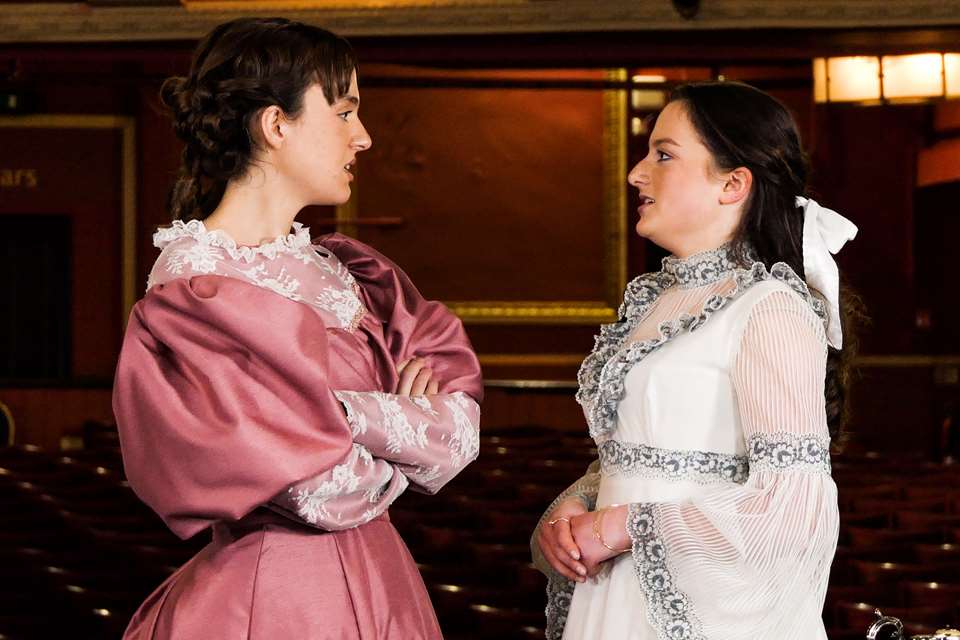Ready, set, write!: Creative writing for live performance
Susan Elkin
Wednesday, February 1, 2023
As writers Maddie Rice and Tom Machell return to Guildhall School of Music & Drama to host their Creative Writing for Live Performance course, they meet Susan Elkin to reveal a few of their top tips for writing and creating drama.

Adobe Stock / Master 1305
Maddie Rice and Tom Machell are running their fifth course in Creative Writing for Live Performance at The Guildhall School of Music and Drama in London. It’s a Level 1 evening class which runs for six weeks, culminating in a performance of the work by GSMD Drama students. Since the course first launched, four pieces of students’ work have been taken up for further development.
‘We get a tremendously wide range of people,’ explains Machell. ‘On the last course, the youngest student was 18 and the oldest was 67. We get school leavers, retirees and everything in between: teachers, bus drivers, lawyers, doctors, industry professionals and stage managers. They are put into buddy groups of three so that they can learn from each other as well as from us, because there are so many different perspectives. It also helps each student to build a network of contacts for the future and learn how to give and receive constructive feedback.’
Rice and Machell are both actors and writers who originally met at Canal Café Theatre and have worked together as a writing partnership ever since. Machell comes from Newcastle and Rice from South London. ‘We’re very different,’ says Machell. ‘Maddie likes to throw herself in at the deep end and let the plot and character arcs progress for themselves, whereas I prefer to map everything out and know where it’s going before I start.’ He explains that this approach is useful to the students, because it shows them different styles of working and approaching writing. Tom’s own play Ticker is published by Playdead Press. Maddie’s play Pickle Jar is published by Samuel French. They have both performed their own one-person shows at five different Edinburgh Fringe Festivals and each undertaken several TV projects as well.
Maddie Rice and Tom Machell’s five top tips for creative writing for live performance
- Warm yourself up physically before you sit down to write Actors do this routinely, but it’s important for writers too – but very few bother to do it. Jump up and down or do some stretches or push-ups. Whatever works for you. The blood flow helps both the body and the mind.
- Before you begin, write down your worries We all have things that niggle at us and quickly become distractions or triggers for procrastination. Set yourself a time limit – say, 90 seconds – to jot down everything that’s jostling for attention in your head. Whether it’s climate change, Brexit, terrorism, or whether you remembered to lock the car, feed the cat or ring your dad, writing it down helps release it and clears your mind so you can focus.
- Get into the habit of free writing every day It doesn’t matter where you are. Give yourself 10 minutes at the bus stop or while you’re waiting for someone in a coffee shop to jot down a few ideas. You can use the Notes app on your phone or an actual notebook and pen. Write about what’s on your mind or what’s going on around you. It doesn’t matter what it is, because it’s only you who’ll read it. The important thing is that it gets you into the habit of writing and that’s very healthy. The other thing you might do is to write something relating to one of the characters you’ve created. Just write freely about something.
- Recognise that there are no small parts in drama or life Even if a character you’re writing doesn’t have much to say, make the role interesting and vital. Consider the actor who will play the role. They deserve to be given a character that is meaty and has depth. Plus, as the author, you need to know why that character is there. Specificity is very important, particularly in a one, two or three-person play with a lot of multi-roling, which is where you’re most likely to start as a beginner because of the economic benefits of a small-scale production.
- No idea is boring and no idea has been done before Everything has been written about before, but your play is your unique perspective. Every version is different. Don’t restrict yourself.
Everything has been written about before, but your play is your unique perspective. Every version is different
We’ve all seen lots of plays and been inspired by them. What you’ve seen is bound to rub off on your work – and that’s fine. You will make it your own. But remember that you also need to be flexible. Any director working with a cast on your work will expect to develop it.
For more details about the course: gsmd.ac.uk/study-with-guildhall/short-courses-summer-schools/find-a-short-course-or-summer-school/creative-writing-for-live-performance






